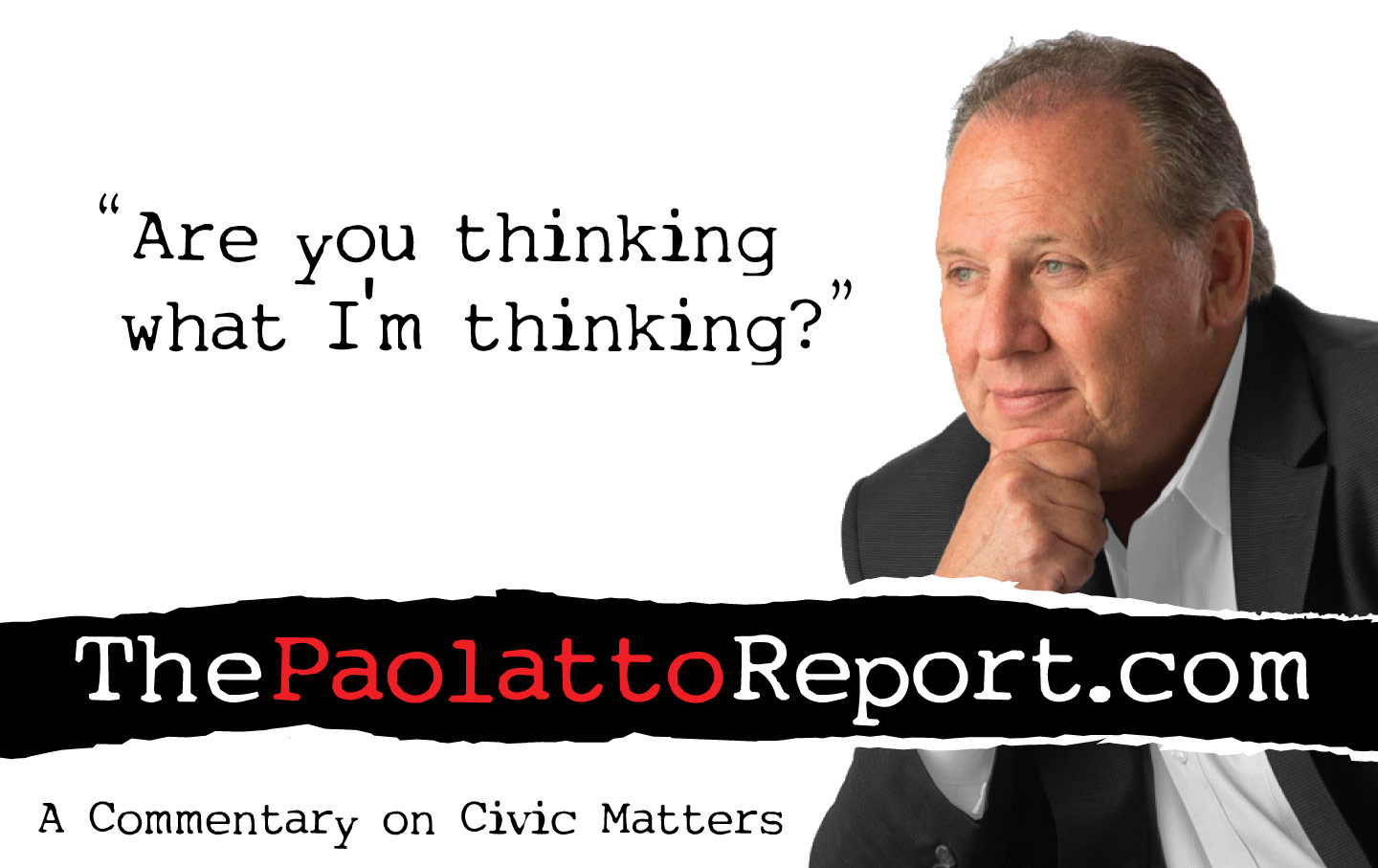In this, the last list of potential action steps our city can take to help improve our investment climate and jobs performance, I am focusing on initiatives that would be best implemented with the help of our federal and provincial partners.
Regardless of one’s views of the Federal Liberals or Provincial Tories, London’s civic leaders need to do a much better job parking their personal political bias and interfacing with these governing parties, so that together, we can collectively pursue opportunities that benefit everyone involved. I have yet to meet a Parliamentarian of any political stripe that is not interested in advancing the success of our city. Therefore, we need to better leverage these relationships and constantly table initiatives that can improve our economic and social environment to the benefit of all. To this end, I suggest some possible collaborations that would clearly benefit our community and yet where our civic resources alone may not be enough. They include:
AFTER NEXT
- Improving our connections to capital.
- Establishing a Municipal Development Corporation.
- Establishing a complete clinical care facility specializing in addiction.
Throughout last year’s election I repeatedly emphasized the importance of improving our connectivity to capital; be it through the introduction of higher speed rail service between London and Toronto https://thepaolattoreport.com/london-moves-part-5-rail/or the expansion of direct flights to major centres in the US. https://thepaolattoreport.com/london-moves-part-4-yxu/ to help offset an increasingly crowded Pearson Airport.
Both initiatives are important because they make it easier for talent and investment to find its way into our region at a time when competition for such resources throughout the world is as stiff as ever. They also improve opportunities for our city to connect with tourists, governments, and trade partners both within our home province and abroad. I also believe that these improved linkages will help increase income levels in our community, expand employment opportunities, retain young graduates and further diversify our economy. And, while I recognize that these tighter links with major centres such as Toronto will potentially result in London becoming another GTA-style ‘bedroom’ community, I also believe that London would become an attractive destination for commercial entities seeking to move all or a portion of their operation out of the expensive GTA real estate market where lease rates can be 3-5 times greater than here at home.
Obviously, London does not have the means to initiate these programs on their own. However, London, in partnership with the Feds and Province, could make the business case, and any such infrastructure installation a priority. I understand and respect that both senior levels of government are judiciously managing the funds available to them. For far too long, we as constituents have demanded that they continue to borrow funds from our kid’s future to pay for the services of today. However, I do believe that infrastructure projects such as higher speed rail are worth the investment not just because of the long-term return, but because the return is intergenerational, and even necessary in the face ever-growing global competition in the race for capital. London needs to champion this investment, not just for our city and region, but for our future.
Another initiative that I believe requires some provincial engagement is the creation of a Municipal Development Corporation (MDC). A MDC is a city-owned, not-for-profit entity company that uses a blend of city-backed financing to help underwrite a city’s urban development objectives such a derelict building buy-backs, new facility financing and/or private-public partnerships. Such arm-length initiatives speed the decision and development process, and allow for innovative approaches to restoration efforts. London already has a similar corporation for housing. However, I would like to see one dedicated to the downtown and BIAs so that these organizations can seize opportunities, build our commercial neighbourhoods and better influence the final product. Downtown London has been a leader in pushing this initiative forward. The City would wise to find a way to enable this effort and help them deal with core properties that ‘may need a little TLC’.
Finally, in an effort to aid those among us that are struggling with addiction and temper the impact this growing drug problem is having on our core, I believe that London is a strong position to petition the Provincial Government to co-invest in the creation of a secure clinical care facility that complements our safe consumption strategy and helps our most vulnerable citizens address their addiction. Our Provincially-funded emergency wards and prisons are overwhelmed with people struggling with addiction, and neither system is in a position to resolve the problem. As a result, we are merely addressing this serious social and chemical affliction in a reactionary manner. London’s health unit, hospitals and social service network have the knowledge and skills to address the problem. In my view, it would make sense if the Province could at least invest in at least a pilot project, to help us all fully and finally address each problem, rather than have our most vulnerable repeatedly struggle through the conventional system and continue their damaging cycle. London can and should show leadership on this issue, not just to the benefit of our most vulnerable, but the business and residential communities impacted by the problem.
As I stated at the outset of this four-part series, the London business community (and particularly business operating within the core) is at a tipping point. The closing of the McDonald’s restaurant downtown is just the latest ‘canary in the coal mine’ to signal a real problem. And yet, with a little leadership and a few innovative initiatives that have proven very effective in rebuilding communities elsewhere, London could reverse this trend and create business districts it wants and deserves.
Great opportunities truly are disguised as insoluble problems.
So let’s solve ours.
